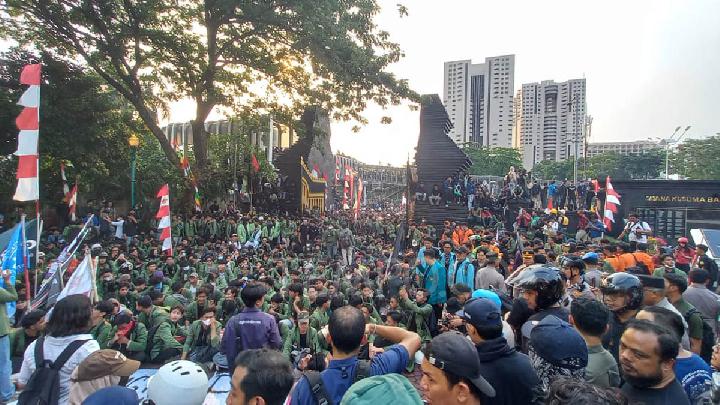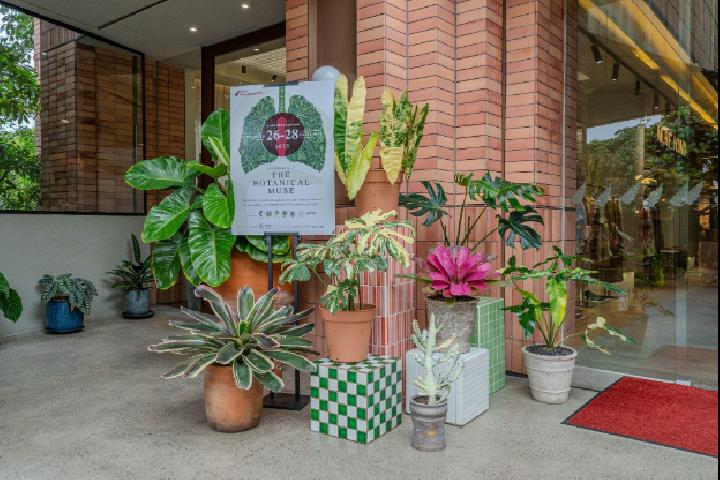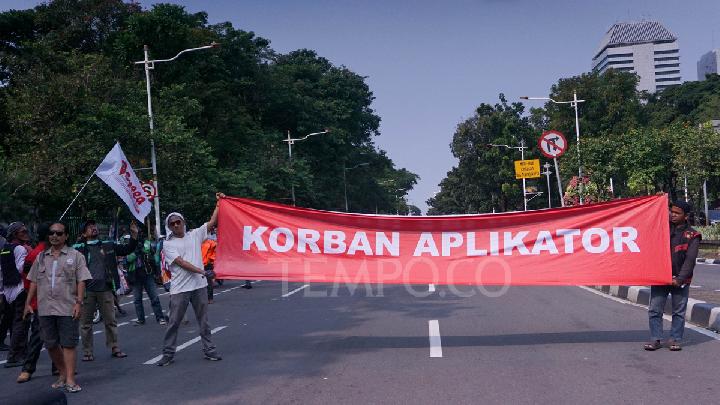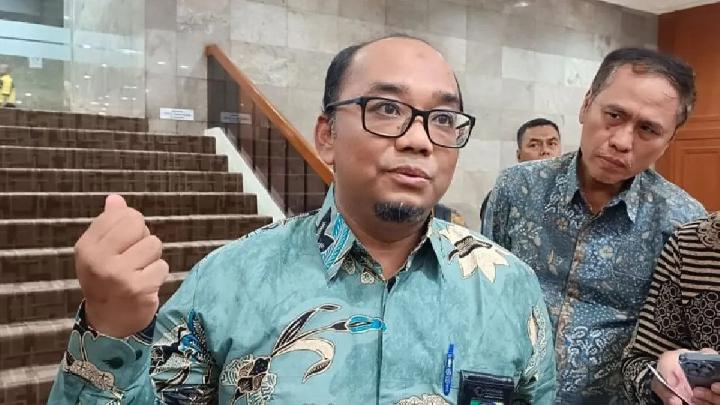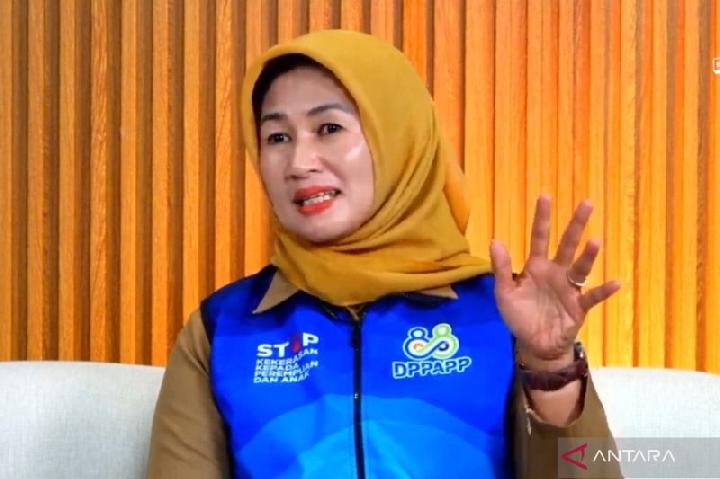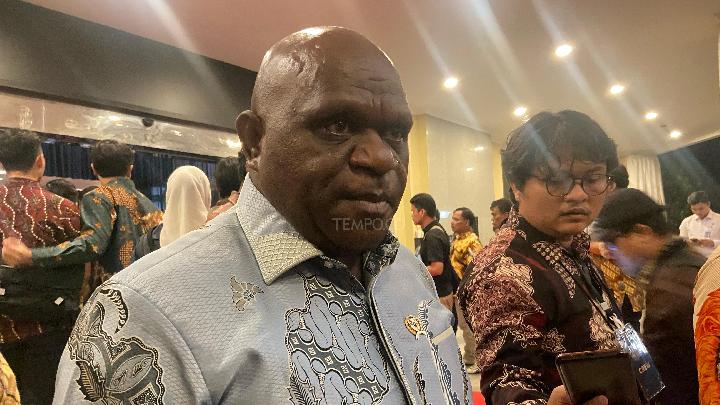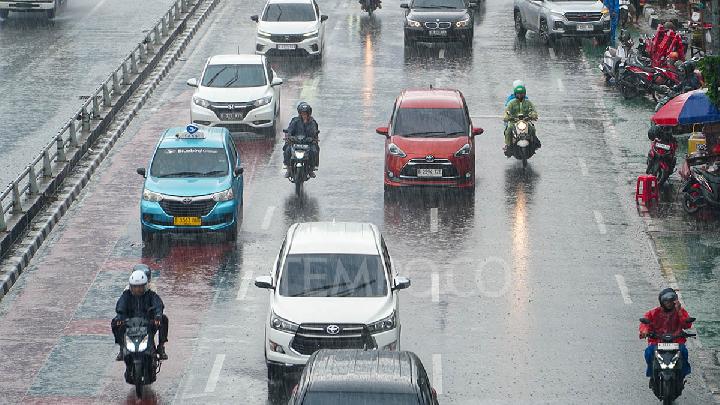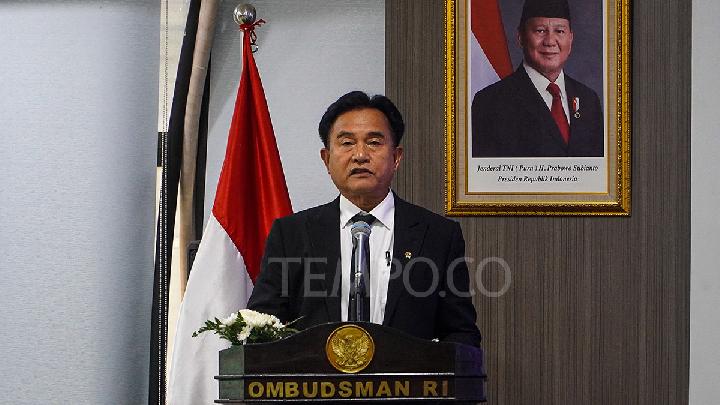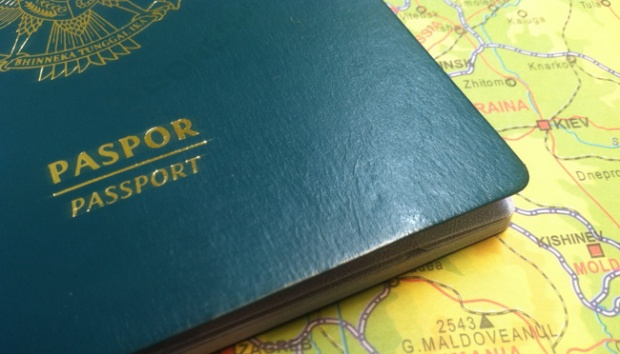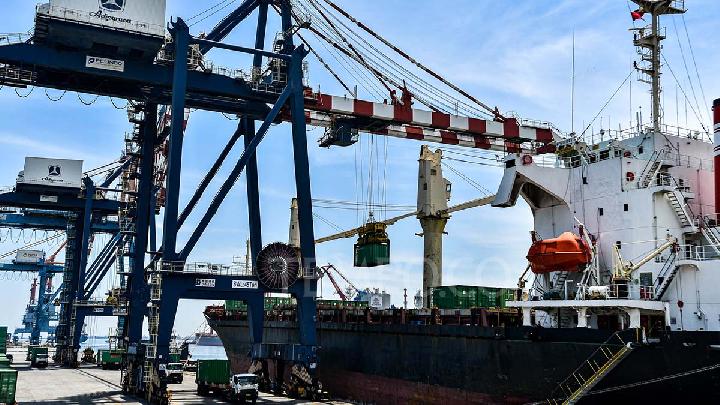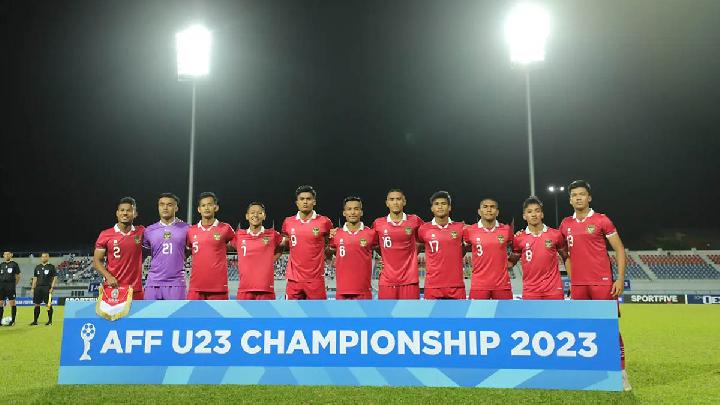Indonesia's Ministry of Marine Affairs and Fisheries (KKP) launched the Clean and Healthy Waste-Free Sea program, or Sebasah, in the Kamal Muara area, North Jakarta, on Wednesday, August 6, 2025. Through this program, the KKP aims to reduce ocean waste by up to 40 percent by 2027 and 70 percent by 2029.
"Ocean waste remains one of the problems in Indonesia, and it is a major issue," said Deputy Minister of KKP, Didit Herdiawan in his speech.
The Sebasah program aims to reduce waste entering the ocean from its sources in three areas: rivers, coastal areas and small islands, as well as port areas and activities at sea. The KKP is conducting this program by collaborating with several parties such as ministries/agencies, local governments, private sector, academics, and NGOs.
According to data from the National Waste Management Information System (SIPSN), the national waste generation is estimated to reach 50,062,054 tons in 2025. Approximately 20,024,821 tons of waste are estimated to enter the ocean through river flows, coastal areas, small islands, ports, and marine activities.
The Director General of Marine Management at KKP, A. Koswara, said that the target for reducing ocean waste is being pursued gradually. The target reduction of 40 percent from approximately 20 million tons of ocean waste is projected to be achieved in the next two years.
"40 percent means four times 20 million tons, so roughly 8 million tons. Hopefully, in 2027, there will be a significant decrease, it's an optimistic outlook," Koswara said.
As of now, the KKP has signed memorandums of understanding with the Jakarta and Bali provinces. "However, this cannot be achieved with just two provinces, so we need to further develop the collaboration, at least 40 percent of provinces in Indonesia should be involved," he said.
Previously, Koswara stated that waste has become one of the biggest disturbances to the current health of the ocean. The fish population is said to be disturbed by waste, resulting in a decline in numbers.
"Seen from the productivity of the fish, it is already quite challenging. Looking at the map, in the Java Sea, there are very few who catch the fish," he said at a media gathering at the Hotel Aryaduta, Jakarta, on Friday, August 1, 2025.
Currently, Koswara said, the fishing grounds have shifted towards the east, west, and south of Indonesia. "The fishing grounds are shifting towards the east, towards Maluku, towards Papua, and towards the west, in Riau, Anambas, and towards the south," he said.
Based on monitoring data from fishing vessels, the KKP found that fishing boats gather in the eastern, western, and southern regions of Indonesia. Whereas in the Java Sea, there are only a few fishing boats sailing.
"This is an indication that there are very few fish left in the Java Sea, because the sea is no longer healthy for spawning, for the increase in fish population, the mangroves have disappeared, the coral reefs have been damaged, partly due to waste," he explained.
To improve the health of the marine ecosystem, the KKP will take two measures. Both are to reduce ocean waste and to improve the coastal ecosystem by planting mangroves.
"We are launching the Mangrove Development Center, where we will develop all the mangrove seeds in Indonesia," he said. With these two measures, the KKP hopes that the marine ecosystem will be healthier. Ultimately, the production of captured fish can increase.
Editor's Choice: Fish Population Declining in Java Due to Ocean Pollution, Says KKP
Click here to get the latest news updates from Tempo on Google News

